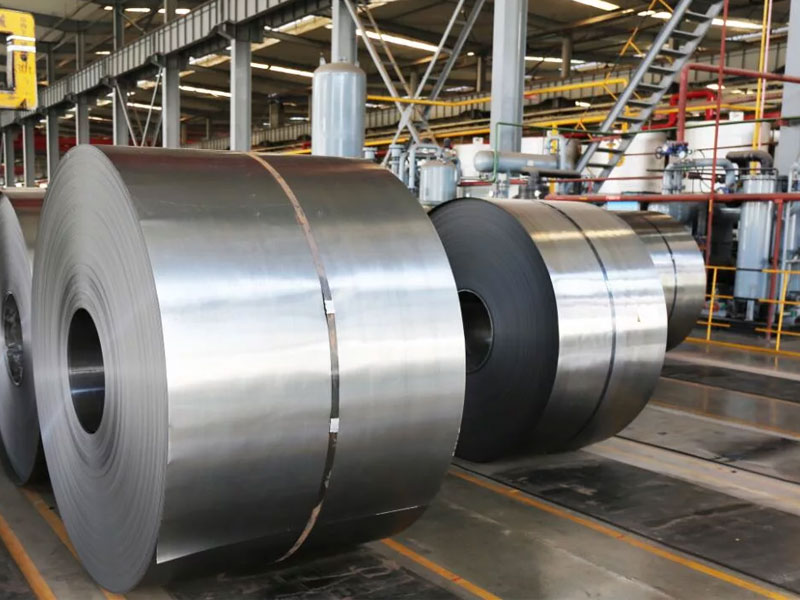
Kolkata: Jindal Stainless NSE 2.63% is reducing its dependence on imported raw materials, and the goal is to reduce it from the current 45% to 35% by 2021 to control its import costs and working capital requirements of Rs 90 billion.
"As a company, we have been committed to creating opportunities for domestic suppliers. However, due to the lack of these materials or reduced supply, the Indian stainless steel industry is dependent on imports," said Jagmohan Sood, the company's director of procurement and manufacturing. The country's largest private stainless steel manufacturer.
The company has begun to reduce raw material imports, which was about 65% three years ago.
Sood said: “A high degree of dependence on imports will not only bring adverse effects on costs, but also expose manufacturers to various market price fluctuations and foreign exchange risks. Import procurement also requires higher working capital requirements in order to maintain the survival of the supply chain. Additional inventory needed to fund."
As stainless steel manufacturing relies heavily on imported raw materials, the company proposed the use of nickel, nickel-based alloys, stainless steel scraps, ferroalloys and ferrous metal scraps.
In the past, imports accounted for more than 60% of the company's raw material purchases. However, he added that many strategic procurement plans in the past few years have helped strengthen its domestic procurement and turn these proportions into advantages. This also helped the company adjust to changes in the product market.
For example, Jindal Stainless has achieved a complete transformation of purchasing pure nickel into the country by establishing and utilizing alliances with some strategic suppliers.
Sood said this ensures that materials can be provided quickly with less investment in working capital without incurring any additional costs to the company. This is also true in the case of another type of imported ferronickel. Now as much as 70% of ferronickel is purchased domestically, and previously imported iron accounts for 70% of nickel supply.
He said the company has also established a strong supply chain of domestic-sourced low-carbon steel scrap (MS scrap). At present, the ratio of domestic purchases of MS waste to imports is about 62:38, compared to 27:73 in 2017.
Sood said the company's goal is to obtain 70% of MS Scrap in the domestic market this year.
High speed motor iron core material requirements
2023-09-02Tips on 304 stainless steel pipe cleaning and maintenance
2020-12-21Common treatment processes for stainless steel surfaces
2024-05-10Countertops made in stainless steel is a good choice for cabinets?
2022-01-06321 and 304 stainless steel corrosion resistance and high temperature performance
2024-07-06Development Status of High end Silicon Steel Market
2025-11-10







